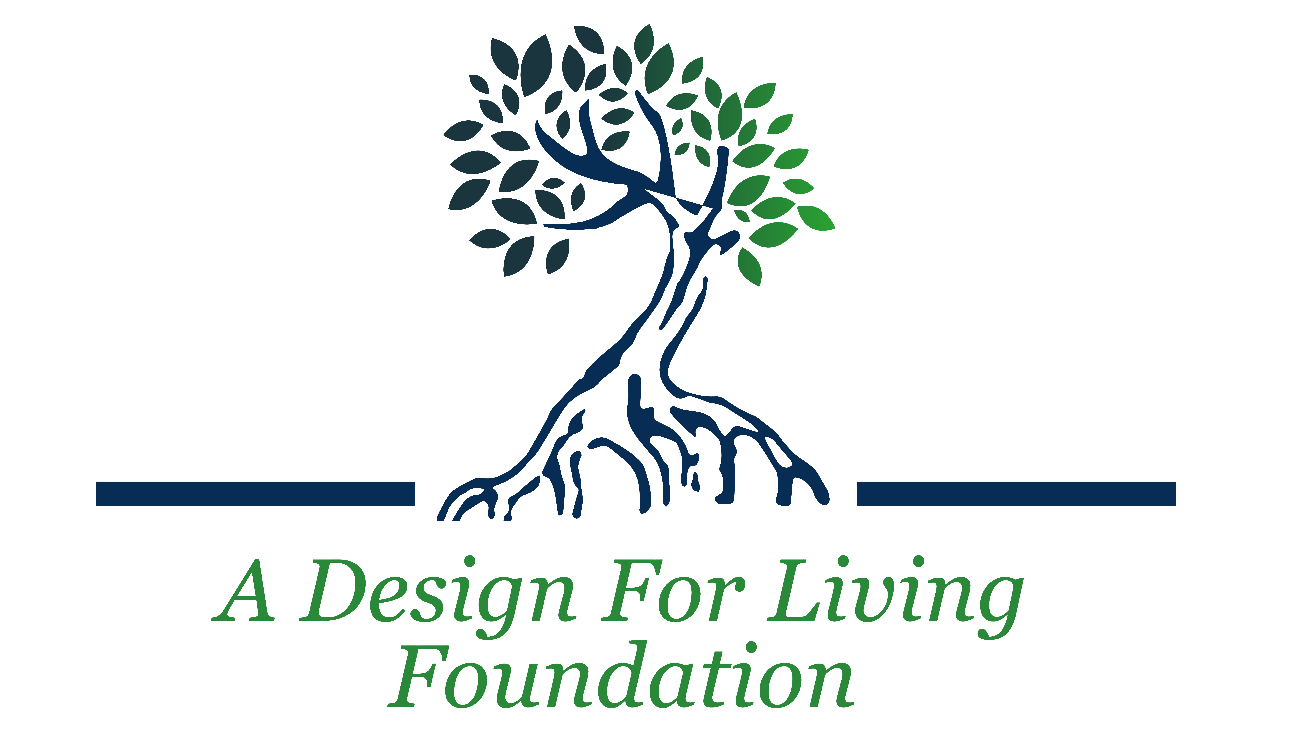Mobile Engagement Service
Mobile Engagement Service (MES)
Mobile Engagement Service (MES) provides a community-based addiction intervention service for individuals and families who require assistance in navigating resources and treating clients suffering from substance use disorder (SUD).
The MES Model
The MES Model uses levels of engagement designed to provide standardized intervention that is able to be uniquely framed to maximize the success of recovery for any individual suffering from SUD.
Level 1 – Engagement
Introduction of the client to the Certified Recovery Specialist (CRS). Follows an open dialog of one peer to another peer developing trust. As the relationship is initiated the CRS begins to fully understand the unique needs of the client. At this level the CRS evaluates the barriers and strengths involved with the client to maximize recovery services. By evaluating the specific needs of the client and the available resources the CRS can offer tangible guidance to assist the client as a peer and fellow sufferer of SUD that has successfully overcome the same barriers.
Level 2 – Motivate
Once trust and dialog are achieved, the CRS is able to assist the client in creating a vision of change that will utilize resources and goals for lifelong recovery. At this level the client begins to understand that there is hope for change and a way out of the misery and destruction of SUD. The motivation is revealed as the CRS provides lived experience coupled with the experience of a life in recovery. The CRS is also able to instill hope by utilizing A Design for Living Foundations data bank of resources offered to assist the client in the specific needs and life necessities for someone entering a life of recovery. “Give a person a fish and they eat for today. Teach a person to fish and they eat every day.”
Level 3 – Stabilize
At this stage the specific areas identified by the CSR are outlined with the client to implement a plan of action to begin tackling needs and necessities of life. The areas within the scope of the CSR are the following:
- Comprehensive drug and alcohol assessments and placements
- Crisis/diversion after ER or hospital care
- Access and involvement in 12-step recovery fellowships and recovery-based support groups
- Response to the legal system
- Family education and family relationship resources or parenting and childcare resources
- Budgeting and financial support services
- Communication skills, anger management, and decision-making strategies
- Relapse prevention planning
- Life skills development
- Depression and mental health resources
Level 4 – Monitor
This is the level that the CRS maintains the relationship and monitors the effectiveness of the of plan of action and the progress of the client. During this phase the CRS is able to intervene if regression occurs and encourage successes; so that the client’s recovery journey is supported and overseen by a caring peer in recovery.
Specific MES services include:
- Comprehensive drug and alcohol assessments and placements
- Relapse prevention planning
- Crisis intervention and diversion from hospital-based services
- Support in responding to the legal system
- Peer and family networking, including access to 12-step recovery meetings and family education
- Service coordination, including management of medication-assisted treatment, case management, peer counseling, insurance and funding needs, employment, and childcare
Mobile Engagement Service (MES)
MES/CRS services is strength based, trauma informed and able to understand the needs of the patient and offer hope through lived experience of successful recovery. Recovery requires a relational process involving a sustained effort to promote wellness by utilizing whatever avenue that promotes success. The specific help is determined by the individual’s need and willingness to accept help. It is never a question that drug abuse and alcohol abuse is a problem, it is always a question if the induvial believes that drug use or alcohol use is a problem and has exhausted self-reliance and is willing to accept help. Upon this discovery then the most effective help can be introduced and applied.
